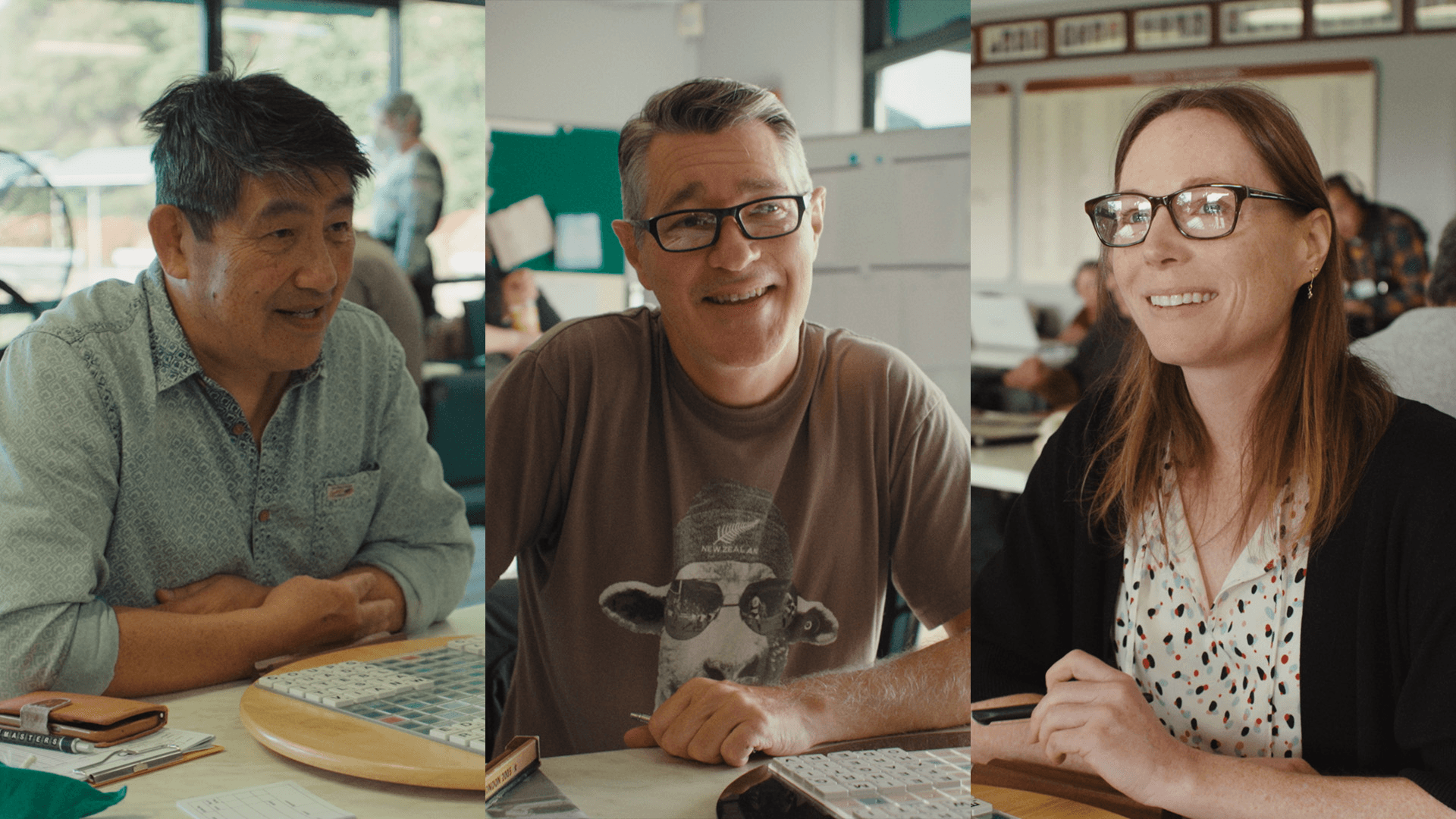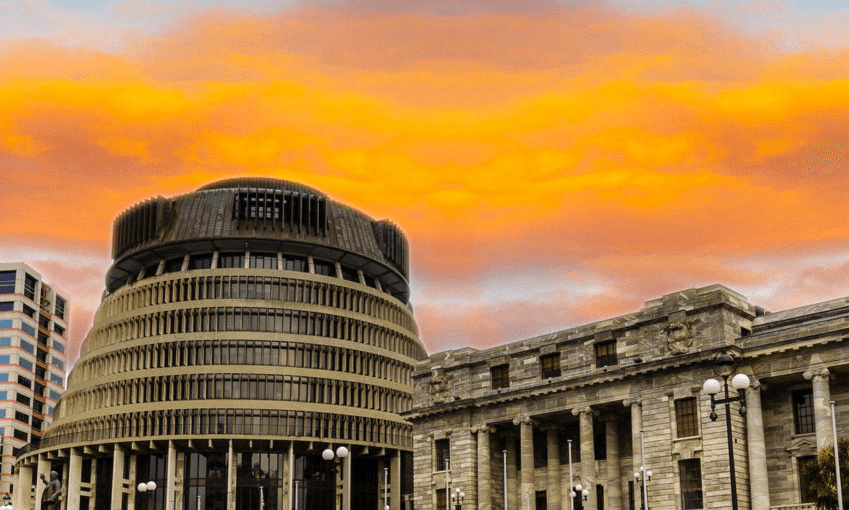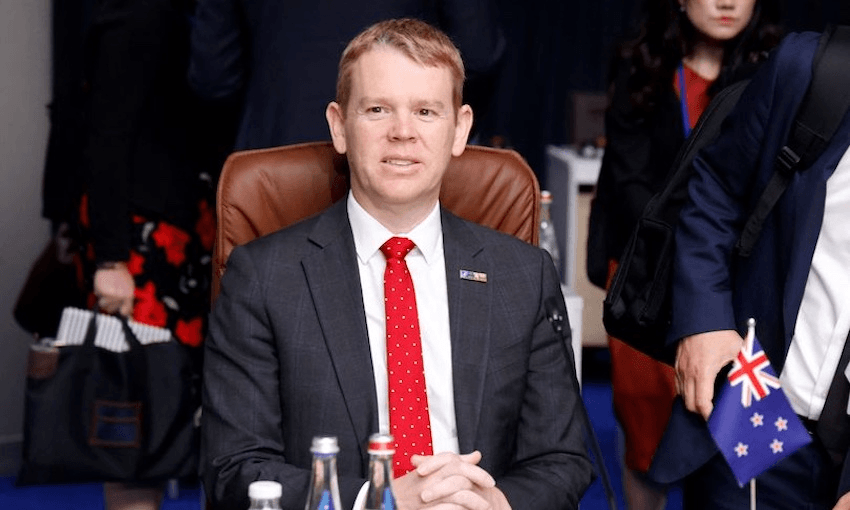The chief executive of The Warehouse Group says the news that online retailer Supie was in receivership showed how hard it was to “change the market” in New Zealand.
The Warehouse has recently expanded its grocery offering in a number of stores as it attempts to dent the supermarket duopoly.
Nick Grayston said in a statement that The Warehouse would not “be quiet” about a “lack of fairness” in the supermarket sector.
“We welcome the Grocery Commissioner setting out his priorities, and we’re encouraged by his areas of focus. Our additional ask is that he moves quickly and takes action,” he said.
“New Zealanders are struggling with high grocery prices, they need more than a list of priorities – they need more competition and to bring grocery prices down.”
Grayston said it had now been a month since The Warehouse raised concerns about Sanitarium pulling supplies of Weet-Bix from its stores. While this decision had since been reversed, Sanitarium had also increased the cost price The Warehouse paid, said Grayson. “So things are moving all the time and we need help.”






